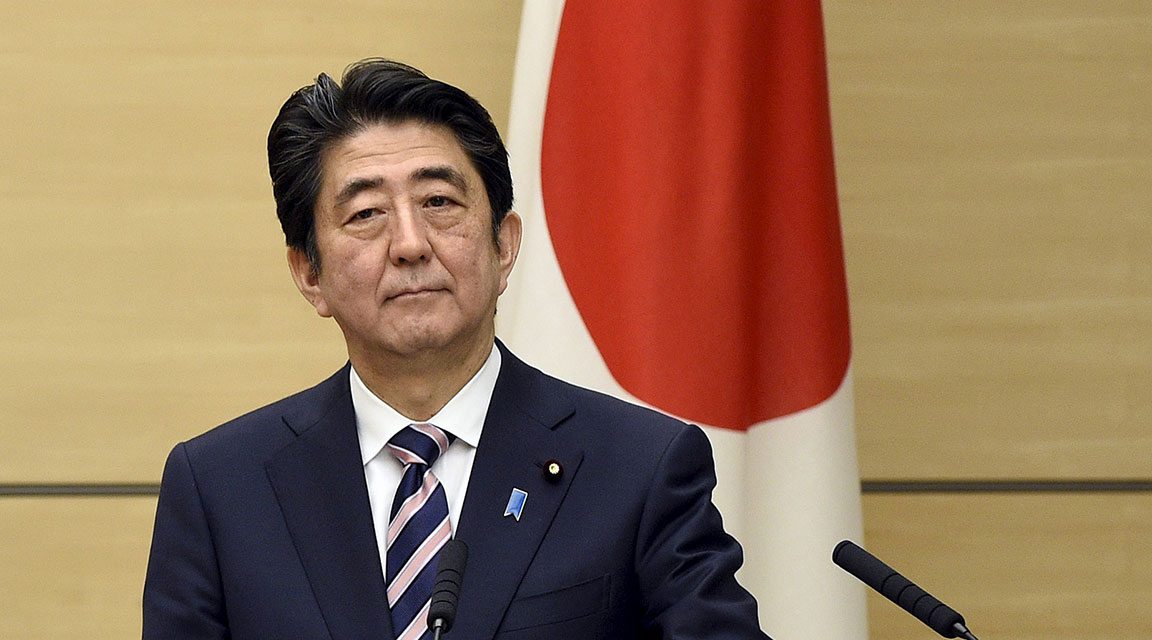

Tokyo seeks to build on historic ties and supportive economic policies
On 6 March, Japans Prime Minister Shinzo Abe announced his intention to visit Iran in August this year, the first trip to Iran by a Japanese leader in 38 years.
The announcement is a sign of how important the re-emergence of Iran is to Japanese trade with the region.
Abes visit will be the high point of an export-led foreign policy drive by Tokyo to strengthen economic ties with Iran.
The Prime Minister is likley to be accompanied by senior business leaders from key industries such as power, water, engineering, automotive and oil & gas.
Japan has deep and long-standing economic and political links with Iran that had have been reduced by tightening US and international sanctions.
Infrastructure focus

Iran
Iran
Following the lifting of secondary nuclear sanctions on 16 January, Tokyo is taking great strides to support Japanese companies in resuming investment and exports to Iran.
Facing rapidly hardening market conditions in the GCC as a result of the fall in oil prices and increasing price-driven competition from South Korean and Chinese competitors, Japan sees Iran as offering exciting new opportunities and is seeking to take advantage of its historic connections to re-establish a leading position in the country as it re-emerges from sanctions.
Irans infrastructure has been starved of investment for decades as a result of sanctions and Tehrans estimates that it needs to invest about $800bn of capital investment to modernise its energy, transport and industrial capacity.
Of this, some $350bn is expected to come from foreign investment.
Jetro says Japan is excellently placed to provide technology and services across a wide range of sectors including automotive, manufacturing, clean technology to help modernise Irans energy sector, transportation, power, water, environmental protection, wastewater and ICT.
Investment treaty
Japanese companies are in a very strong position.They are held in high regard.
Jonathan Silver, head of Middle East and North Africa for Clyde & Co.
On 5 February, Tokyo and Iran signed a bilateral investment treaty that will provide protection for Japanese companies and investments in Iran.
The agreement is still to receive final approval in each country, but it is a significant step towards supporting Japanese companies entering Iran.
At the same time as the investment agreement was being signed, Tokyo announced that it was to provide up to JPY10bn of export credit to Japanese companies doing business with Iran through the countrys export credit agency, the Japan Bank of International Cooperation (Jbic) and foreign trade insurance underwriter Nippon Export and Investment Insurance (NEXI).
Meanwhile, Japans trade promotion agency Jetro has been highly active in bring Japanese companies up to speed with the potential opportunities awaiting them in Iran.
In the past four months, Jetro has led two large-scale trade missions of Japanese companies to Iran, the first in November 2015 that focused on the automotive sector, the second in January 2016, looking at the water, wastewater and environmental engineering sector.
Mobilising business
In addition, Jetro has held four large-scale market briefings in Japan that have been attended by hundreds of Japanese companies in Tokyo and other cities in Japan.
The most recent briefings, which featured MEED and international law firm Clyde & Co, were held on 10 and 11 March in Tokyo and Osaka and focused on the infrastructure sector.
Over 400 business people from many of Japans major companies, including banks, technology companies and engineering firms attended, highlighting the level of interest in the opportunities in Iran.
But Japan is facing intense competition.Other countries also are moving aggressively to deepen ties with Iran.
Chinese President Xi Jinping visited in January, while South Korean President Park Geun-hye planning a visit.
European leaders from France and Italy are also getting involved,and the UK sent a large trade delegation this week.
As a result, Abe has faced calls from Japanese business leaders to visit Iran to prevent Japan falling behind its rivals.
Abenomics
Tokyo believes Japanese companies are well placed to succeed in Iran.

Japan global exports
Since returning to power in late 2012, Abe has pursued monetary easing policies, known as Abenomics, that have weakened the previously strong yen in an effort to boost exports.
Over the past three years, the yens value has fallen by about 30 per cent against the dollar.
As well as price competitiveness, Japans companies can capitalise on a long history of trade and economic ties.
Japanese nationals, uniquely among the major economies, are able to receive entry visa to Iran on arrival in the country, significantly easing business activity.
Japanese companies are in a very strong position, says Jonathan Silver, head of Middle East and North Africa for Clyde & Co.
They are held in high regard.
You might also like...

Red Sea Global awards Marina hotel infrastructure
18 April 2024

Aramco allows more time to revise MGS package bids
18 April 2024

Morocco tenders high-speed rail project
18 April 2024
A MEED Subscription...
Subscribe or upgrade your current MEED.com package to support your strategic planning with the MENA region’s best source of business information. Proceed to our online shop below to find out more about the features in each package.




